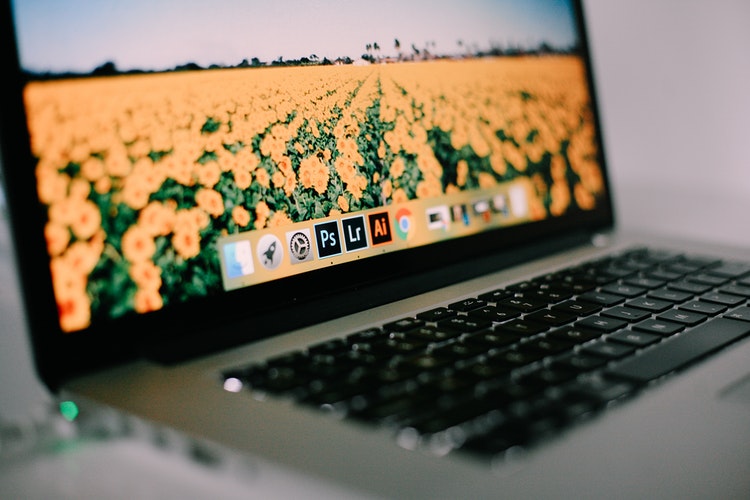What is a Meta Description?
Meta descriptions are snippets of text that appear beneath your website listing in search results. See the result from neilpatel.com listed below:

The Meta Description is the text that starts with, “If you’re not driving traffic to your old blog posts…”
Why Meta Descriptions are Still Significant
In 2009, Google announced they would no longer use meta descriptions or keywords to determine rankings. That being said, do meta descriptions still matter to your search results? The answer is yes, but maybe not the in the way you think.
Meta Descriptions and SEO
Bounce Rate:
Meta descriptions serve to let the web user know what type of content he or she will find on your page. A well-written description should in theory, lessen the bounce rate on your website because you’ve let the browser know what to expect when they click on your page.
Now bounce rate doesn’t directly affect rankings, as stated in a Twitter Post by Gary lllyes from Google back in 2015. However, research has shown an indirect correlation between bounce rate and search positions.
An article from Moz examined the correlation between bounce rate and top search results, based on the chart below from WordStream.

The author concluded the following: “As long as you have a low bounce rate (below 76 percent) then you’re more likely to show up in positions 1 through 4. However, if your bounce rate is higher (above 78 percent), then you’re much less likely to show up in those coveted top 4 positions.”
Click-Through Rate:
A good meta description will entice readers and increase your chances of getting a higher click through rate. Again, like bounce rate, CTR can affect your search results indirectly. A popular experiment by Rand Fiskins asked Twitter users to search “IMEC Lab” through Google. He then asked them to click on his blog from those search results. Within the day, his blog went from position 7 to position 1, telling us that CTR definitely matters!
How to Write an Excellent Meta Description
Writing an excellent meta description isn’t as hard as it sounds. Pay attention to the following in order to create a click-worthy preview of your page:
Length
Your meta description should be less than 160 characters. A meta description that is too short won’t give your audience enough detail about what they will find if they click on your page. A meta description that is too long won’t show in full.
Keywords and Content
Make sure your meta description tells readers exactly what to expect. Using a keyword found in your article or content is also a good idea, as it helps give users an overview of what they will find on your webpage. Also consider what value the article or content on the page offers a potential a visitor so you can frame your meta text around those benefits.

To learn more about how to optimize your website for search, check out: Your Website Speed Could be Killing Your Business, and If You Build It They Will Come: Top 9 Mistakes You can Make with a New Website or a Site Redesign.
By Amara Young






 CERTIFIED EXPERT
CERTIFIED EXPERT